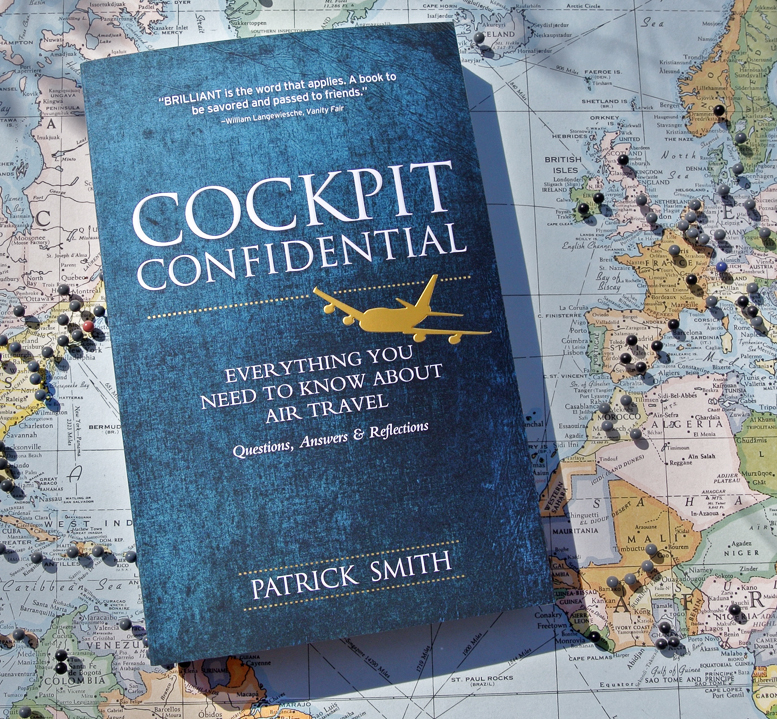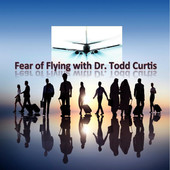Cockpit Confidential, the latest book from Patrick Smith, is very much an insider's guide to the airline business in general and the life of an airline pilot in particular. This book is about the airline business and about airline careers, but perhaps more importantly it is a story about a love affair. Not the kind that is short, passionate, and comes to a dramatic end at the first sign of trouble, but a love that runs deep, the kind that evolves and matures over decades, and that is strong enough to survive more than a few trials and tribulations.
Patrick shares his lifelong love affair in ways that can be appreciated by current and aspiring aviation professionals, as well as by the average passenger. He addresses a variety of questions about aviation, including questions about how airplanes work, how pilots work their way up the ranks, and why airlines behave in they way they do toward customers and employees. Will it answer every question a passenger or future pilot would have? Certainly not. However, for anyone who has a deep interest in the world of airlines, this book is a real treat.
Do you have questions about how airliners can fly? You'll have some of your basic questions answered. want to know about the funny noises your plane makes? Patrick can give you a heads up. How about all those questions you have about the mysterious and glamourous life of an airline pilot. Surprisingly, Patrick does have tales of pleasant five star luxury suites, but also not so romantic stories of cooking ramen in the hotel coffee pot.
Are you ticked off about the state of airlines today? So is Patrick. Any reader who has spent a significant amount of time in an airplane, either in the cockpit or the cabin, will certainly recognize some of the situations that Patrick has seen or experienced.
Want to be an airline pilot? If so, definitely read this book. Patrick's career as a professional pilot has spanned several decades, several airlines, several setbacks, and several radical changes in the airline business. His descriptions of the high and low points of his career, as well as the positive and negative aspects of the typical airline pilot's career, aren't sugar-coated at all, and in my opinion should be required reading for anyone considering a flying career.
As Patrick explains, becoming a pilot takes years of sacrifice and determination, and different challenges will have to be overcome once a pilot puts on that uniform for the first time.
Ask Patrick Smith a question
This week, Todd Curtis of AirSafe.com will interview Patrick Smith about his book and about the airline business. Do you have a question for Patrick? If so, send your question to feedback.airsafe.com.
Resources
Buy the book today!











